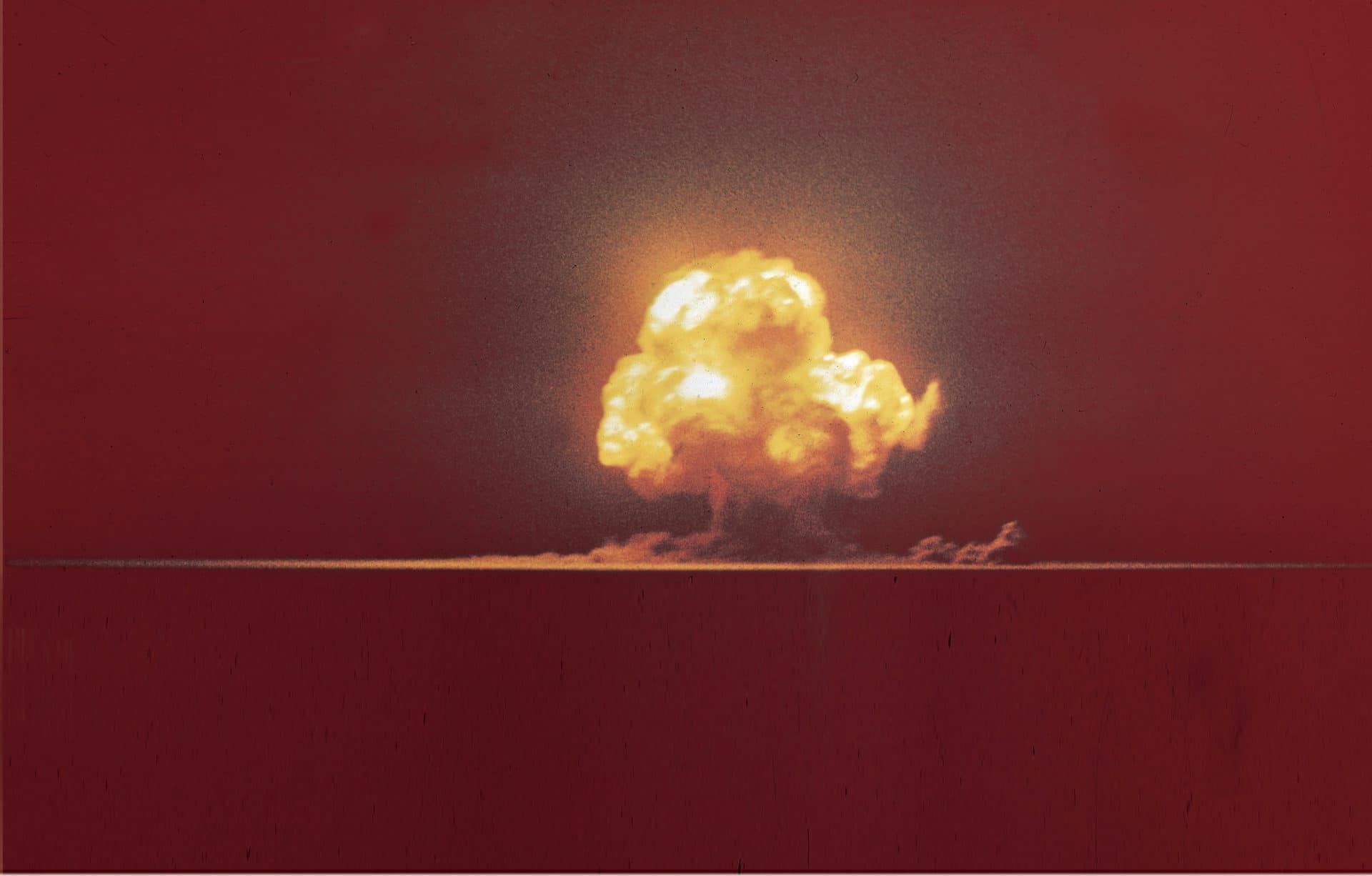The loss of the Earth’s protective ozone layer would result in several years of extremely high ultraviolet (UV) light at the surface, a hazard to human health and food production. Most recent estimates indicate that the ozone loss after a global nuclear war would lead to a tropical UV index above 35, starting three years after the war and lasting for four years. The US Environmental Protection Agency considers a UV index of 11 to pose an “extreme” danger; 15 minutes of exposure to a UV index of 12 causes unprotected human skin to experience sunburn. Globally, the average sunlight in the UV-B range would increase by 20 percent. High levels of UV-B radiation are known to cause sunburn, photoaging, skin cancer, and cataracts in humans. They also inhibit the photolysis reaction required for leaf expansion and plant growth.



Lol, no. I’m just pathologically lazy and I feel the weight of societal expectations to do something with my life despite having no desire to said ‘things’. Anhedonia is possible, since I don’t find anything rewarding but I wouldn’t say I’m particularly depressed.
As someone with ADHD I find many things extremely annoying since distracting. Any animation on a webpage makes me immediately reach for my uBlock origin.